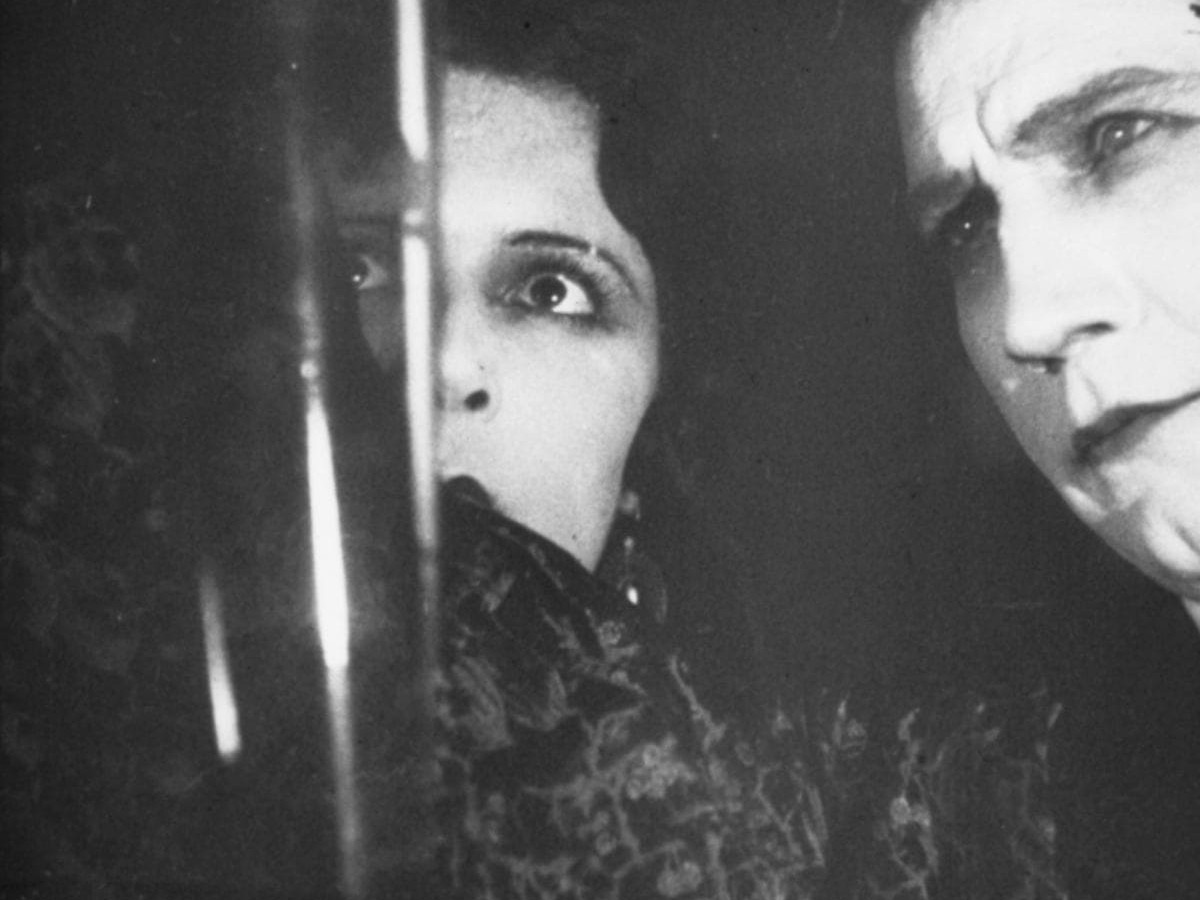
Six et demi, onze
Jean Epstein, FR 1926Screenplay: Marie Epstein; Cinematography: Georges Périnal; Cast: Edmond Van Daële, Nino Costantini, Suzy Pierson, René Ferté. 35mm, bw, 78 min. French intertitles with English subtitles
One of Jean Epstein's most important works, Six et demi, onze gets its title from the dimensions of a Kodak photograph that performs a key function in the plot. Two brothers are separated when the younger one falls in love with a singer. He commits suicide; his older sibling carries out some investigations and finds out the bitter truth when the Kodak negatives are developed. Epstein's approach to movement – not in space, but rather in time, as events take place in flashback – is masterful and is just as ahead of its time as the energetically self-reflexive gaze he directs at his own material, the film strip. (C.H.) Henri Langlois was full of enthusiasm about the modernity of this film that started a second wave in Epstein's filmmaking, the search for "a 'photogenic' quality that no longer unfolds in space, but rather in time. This variation of temporal perspectives exists in La Glace à trois faces (1927), where [...] three actions are seen simultaneously in three different ways that overlap and proceed in different rhythms."
Piano accompaniment by Maud Nelissen on October 24, 2025
Piano accompaniment by Elaine Brennan on November 12, 2025
Courtesy Cinémathèque française